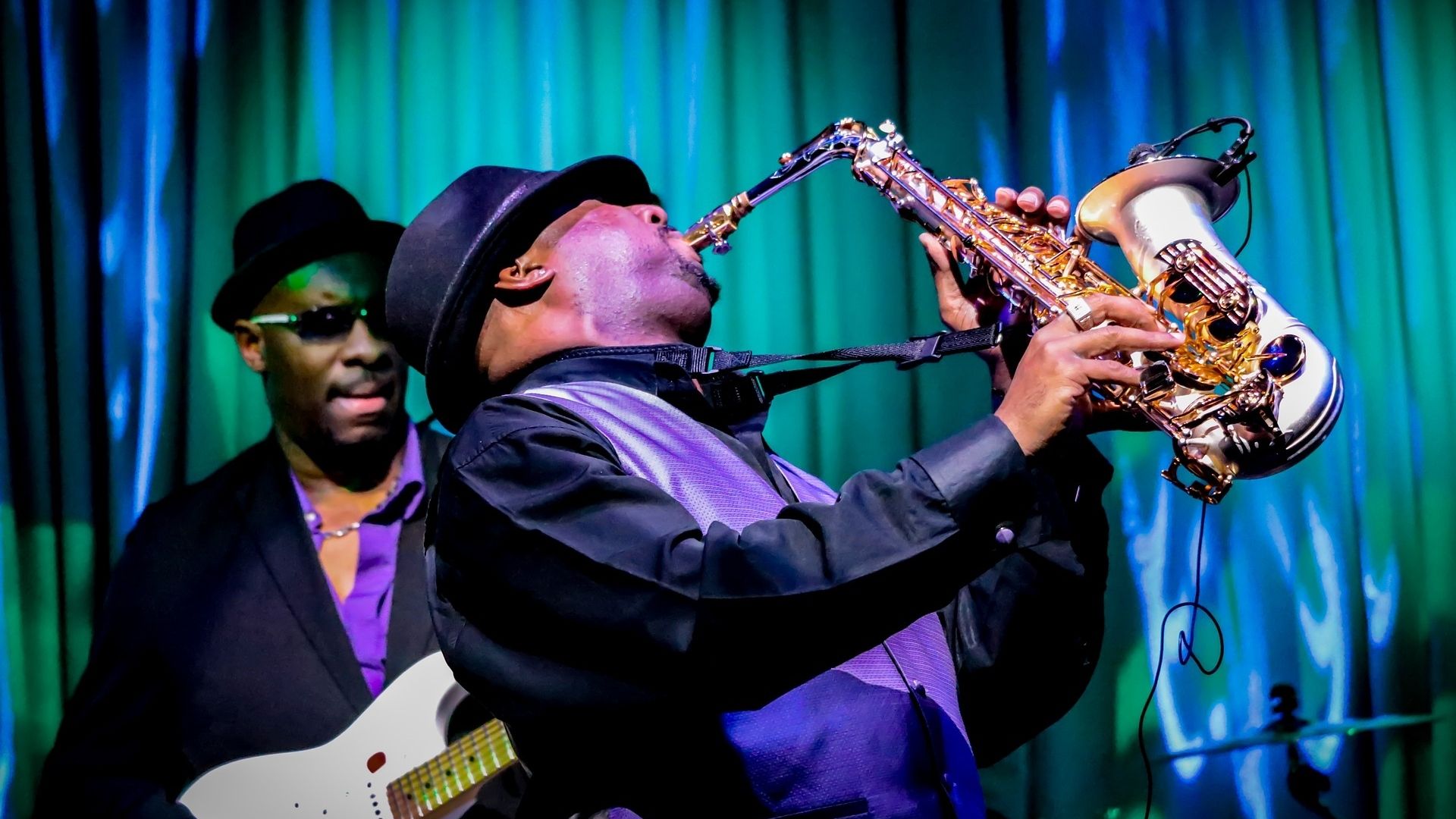It is difficult to establish precisely how, starting from the various musical genres and styles present in America at the beginning of the twentieth century, a new type of music was created which gradually took the name of jazz. This is due to the fact that the first recordings date back to several years later, when jazz was now a widespread and recognized phenomenon, so we cannot really know what the sound of early jazz was.
The most widespread image of jazz today is that of a refined musical genre, performed in festivals or specialized venues, where musicians create their own music extemporaneously and whose listening, not always easy, requires a certain degree of competence. This partly corresponds to today’s reality, but not to the various stylistic phases and changes in the public that have marked the history of jazz over the course of about a century.
So who are the most unattainable and unforgettable artists who have now entered the legend, and who will forever remain essential points of reference for all lovers of jazz music?

The Father of Jazz
The father of jazz is traditionally considered the cornetist Buddy Bolden, while the first artist to launch a jazz hit, King Porter Stomp, was the legendary pianist Jelly Roll Morton. At the time, however, the term jazz was not even used.
In addition to the aforementioned Original Dixieland Jass Band by Nick La Rocca, in the 1920s the phenomenon of jazz exploded were above all very talented soloists such as Louis Armstrong, an artist capable of making this genre famous overseas too.
The Twenties
At the turn of the twenties and thirties the first great jazz orchestras were born, the big bands, among which Duke Ellington’s one immediately stood out: thus we entered the so-called jazz age.
After the Great Depression, the genre conquered clubs all over the world, thanks to names that have become legendary, from Benny Goodman to Cab Calloway, from Count Basie to Glenn Miller, symbolic men of some of the most loved orchestras of all time. A further evolution of the genre came after World War II, thanks to the changed economic conditions. Bebop was born and the stars of trumpeter Dizzy Gillespie and saxophonist Charlie Parker shone.

The Fifties
The fifties were therefore those of the maturation of the so-called hard bop, a genre of easier listening deriving from bebop. The protagonists were artists such as Cannonball Adderley, the very first Ray Charles, who later established himself as a pioneer of soul, but also two heroes of the sixties modal jazz: John Coltrane and Miles Davis, whose masterpieces have entered the history of music. The reference is in particular to A Love Supreme and Kind of Blue.
The Sixties
The decade of the sixties was that of the apex for jazz, but also of its shattering, thanks to the contemporary explosion of the rock phenomenon, a genre that is imposed on the radio and supplants it commercially. In this period black music meets Latin and Brazilian music, finding new life thanks to artists such as Vinicius de Moraes, Antonio Carlos Jobim and others.
Almost simultaneously, the meeting between some particularly avant-garde rock musicians (see Frank Zappa ), and some jazz players capable of looking to the future ( Miles Davis ), was perhaps born the most modern evolution of the idea of jazz, or the fusion music. If the first recordings of this genre are identified by many in Zappa’s Hot Rats, it was probably Miles Davis’ Bitches Brew that opened this new chapter of jazz music in 1970. A chapter enriched by artists such as the Weather Report, Jaco Pastorius and Herbie Hancock. Below the audio of Cantaloupe Island:
From the Eighties onwards the popularity of jazz has definitely waned, to transform into something different. Today jazz is a genre that is still alive, amateur and professional at the same time, made lively by a series of new stars capable of following their heart and their passion beyond the chimera of commercial success.
You know that…
- Since 2012, 30 April is, for Unesco, the international jazz day!
